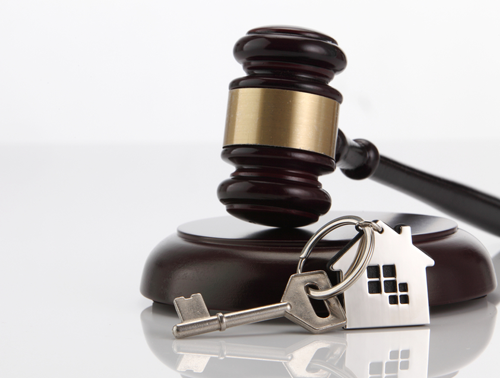
Buying property at auction can potentially be a very rewarding experience. However, it is important to be aware of the possible risks of such a purchase. In this article, we will look at some of the main considerations for someone looking to buy property at an auction in England.
Understanding property auctions
Once the hammer falls, the winning bidder is legally obliged to complete the purchase. It is essential, therefore, that you ensure you have funding in place and that you thoroughly research the property before making a bid. This should include reviewing a property survey and valuation to check for issues or defects and obtaining a copy of the legal pack.
What is the legal pack?
The legal pack contains important information such as title information, searches, any planning permissions or building regulations that apply to the property, any indemnity insurance policies and guarantees and possibly replies to standard property enquiries.
A prudent bidder will instruct a solicitor to review the legal pack and advise on any potential issues. This is even more important where funding is being provided by a third party as the funder may withdraw its mortgage offer if there are any issues.
Property auction process
When attending an auction, arrive early and register your interest with the auctioneer. You will be required to provide proof of identity and, in most cases, a deposit in order to bid.
The deposit is typically 10% of the purchase price and must be paid immediately if you are the winning bidder. This deposit is similar to the deposit paid in exchange for contacts for a private sale and purchase.
Auctions can be fast-paced and emotionally charged, so getting carried away and overbidding is easy. Set yourself a limit in advance of the auction and stick to it.
Bear in mind there may be further costs in addition to the purchase price, such as solicitor’s fees, stamp duty, land registry fees, auction fees, VAT and the cost of any repairs or refurbishment.
Should I buy property at auction?
The main benefit of buying property at auction is the potential to obtain a good bargain and avoid protracted negotiations. However, it is important to be aware that there are also risks, in particular of structural or title defects, and of a third-party funder withdrawing its offer.
By doing your research and seeking professional advice as early as possible, you can reduce the risks and increase your chances of a successful bargain.